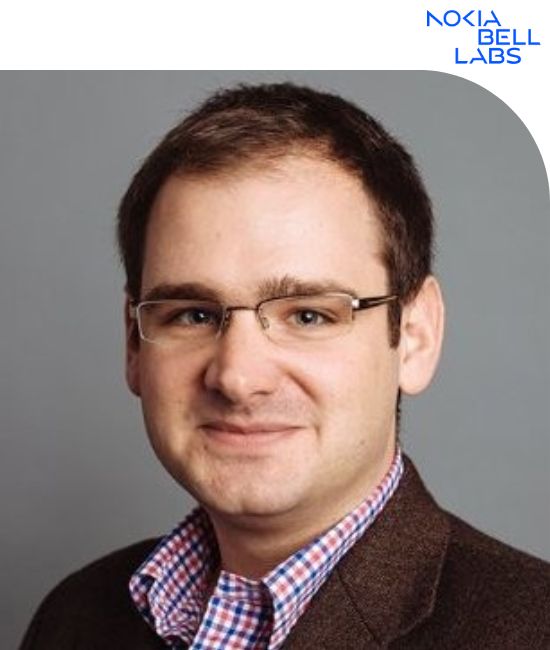15:35 - 16:00
Description
Unity is a game engine. But it's increasingly being used for scenarios that are more enterprise-y: line-of-business applications, AR/VR systems with server connections. For these areas, Unity's performance-centric architecture is less than ideal.
This talk introduces a real-world tested approach to designing Unity applications in a way that supports clean separation of presentation and logic, support for unit testing (even outside the Unity editor), built on the UniRX framework and my open source MVPToolkit for Unity.
Speakers

Related Sessions
10:05 - 10:30
Description
WebXR offers advantages over native. What if we could just put a native Meta Quest 2 game on the web and gain those advantages? It would not perform well--or would it? Come visit our talk to answer all these questions and many more. WebXR is ready. We will show you.
Speakers


10:35 - 11:00
Description
Easy to build, fun to use: join the session to get to know Dual Render Fusion – the latest feature of Snapdragon Spaces™ XR Developer platform. Created for mobile and XR developers, the feature makes it easier than ever to build and port existing mobile apps into headworn AR.
Speakers

11:05 - 11:30
Description
From her background as a product designer, Tamiko Thiel brings a focus on user experience, bodily engagement, spatiality and social content into her VR artworks (since 1994) and AR artworks (since 2010). In this brief overview of a diverse cross section of her works, she will talk about the key considerations that drove her explorations of the unique possibilities of XR, and the aesthetic and experiential development of her artworks.
Speakers

13:00 - 13:25
Description
The Open Geospatial Consortium (OGC) is an international Standards Development Organization focusing on development of community and consensus-based standards for geospatial data and services since 1994. Over decades, the OGC members and community have been developing standards to describe the many dimensions of the “real world” on Earth (and in space). Since 2012, many OGC standards working groups have focused on Augmented Reality use cases. In this session, we will introduce the specifications produced by two OGC working groups that will enable developers to reduce their engineering effort and increase interoperability of location-based AR experiences. The speakers will present projects developed using the GeoPose implementation standard and the draft Points of Interest data model.
Speakers


